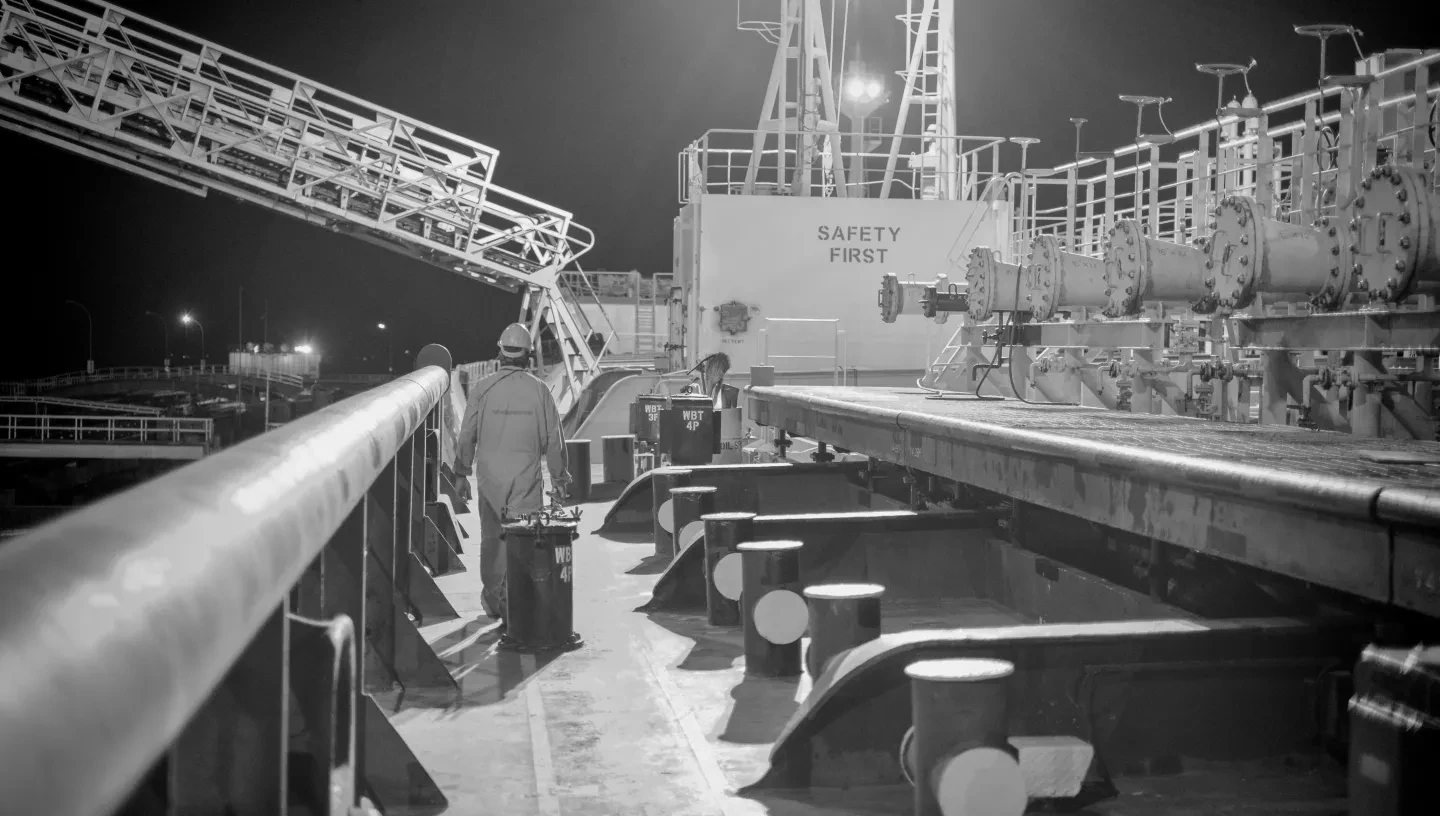
The coronavirus pandemic has impacted the lives of millions around the world, but for seafarers, COVID-19 related travel restrictions have had damaging effects on their livelihoods and wellbeing.
With crew changes unable to take place, hundreds of thousands of seafarers have been stranded on ships, many working beyond the length of their contract.
To raise awareness of the crisis, more than 700 organisations and companies including the National Maritime Museum have signed the Neptune Declaration on Seafarer Wellbeing and Crew Change, which calls on government bodies to take urgent action to safeguard the rights and welfare of seafarers.
What is the Neptune Declaration?
The Neptune Declaration on Seafarer Wellbeing and Crew Change aims to promote and protect the welfare of seafarers. It was launched in response to the crew change crisis, which has resulted in around 400,000 seafarers stranded on ships because of coronavirus-related travel bans.
Why are seafarers stranded?
Seafarers are unable to disembark and carry out crew changes due to restrictions imposed by national authorities designed to prevent the spread of COVID-19.
Air travel disruptions and concerns over health protocols have also compounded the crisis. As a result, seafarers have been trapped at sea for extended periods, even after their period of work should have ended.
What are the risks to seafarers of being stranded at sea?
Being stuck at sea poses significant threats to seafarers’ physical and mental wellbeing.
Typically, seafarers are contracted to work between four and six months on ships, followed by a period of leave. Their work is often physically and mentally demanding, with 10-12 hour shifts seven days a week not uncommon.
Working at sea beyond their contracted hours can result in fatigue, which increases the risk of accidents on board, maritime incidents and environmental disasters.
How will the crew change crisis affect trade and supply chains?
An estimated 90 per cent of global trade is transported by ship, including food and medical supplies we all rely on. If leaders do not come together to resolve the crisis it could impact global supply chains and international trade, which depend on safe and reliable maritime transport.
How is the Neptune Declaration working to address the crisis?
The Neptune Declaration on Seafarer Wellbeing and Crew Change has mapped out four key steps to resolve the crisis.
These include:
- calling for seafarers to be recognised as keyworkers and given priority access to coronavirus vaccines;
- implementing health protocols for safe crew changes;
- increasing collaboration between ship operators and charterers to minimise the risk of COVID-19 spread on vessels;
- ensuring that air transport continues to operate between major maritime hubs.
How many companies and organisations have signed the Neptune Declaration?
More than 700 companies and organisations have signed the Neptune Declaration as of March 2021, including shipping company A.P. Moller-Maersk, the International Transport Workers’ Federation, the International Chamber of Shipping and the Global Maritime Forum.
For more information about the Neptune Declaration, visit globalmaritimeforum.org.
Find out more

Main image: Cargo operations during pandemic © Cezar Gabriel, part of Exposure: Lives at Sea at the National Maritime Museum



